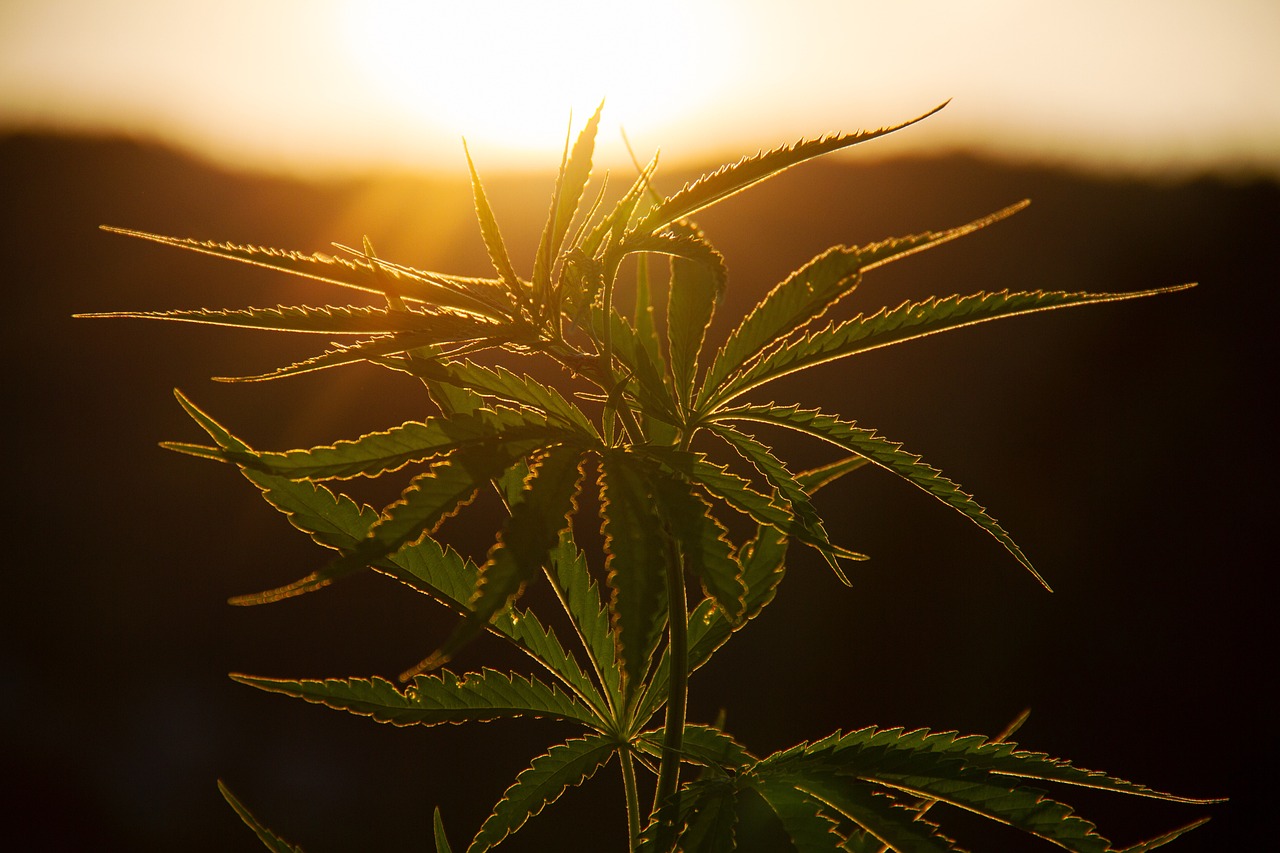The cultivation of organic hemp is making waves in the agricultural industry, providing eco-friendly solutions that are shaping the future of sustainable farming. With its low environmental impact and multitude of uses, organic hemp is setting new standards for what it means to grow green.
A Brief History of Hemp
Hemp has been cultivated by humans for thousands of years, with evidence of its use dating back to ancient civilizations. However, hemp production in the United States was halted in the early 20th century due to its association with marijuana, despite the two being different strains of the Cannabis sativa plant with vastly different levels of the psychoactive compound THC.
Environmental Benefits of Organic Hemp
Organic hemp farming is beneficial for the environment in a multitude of ways. This versatile crop requires less water and fewer pesticides compared to traditional crops like cotton. It also enriches the soil it grows in by detoxifying it and preventing soil erosion, making it a viable option for crop rotation.
The Future of Organic Hemp
As the demand for sustainable and eco-friendly products continues to grow, so does the potential for organic hemp. With its myriad of uses from textiles to construction materials, and even in the food and health industry, organic hemp is becoming an increasingly appealing alternative to less sustainable crops.
In conclusion, organic hemp offers a promising alternative to traditional farming methods. Its environmental benefits, coupled with its versatile uses, make it a green revolution that could reshape the future of sustainable agriculture.
References
- Russo, E. B. (2007). History of cannabis and its preparations in saga, science, and sobriquet. Chemistry & Biodiversity, 4(8), 1614-1648.
- Small, E., & Cronquist, A. (1976). A practical and natural taxonomy for Cannabis. Taxon, pages 405-435.
- Fortenbery, T. R., & Bennett, M. (2004). Opportunities for commercial hemp production. Review of Agricultural Economics, 26(1), 97-117.
